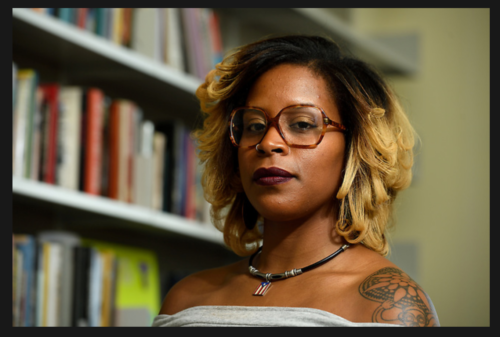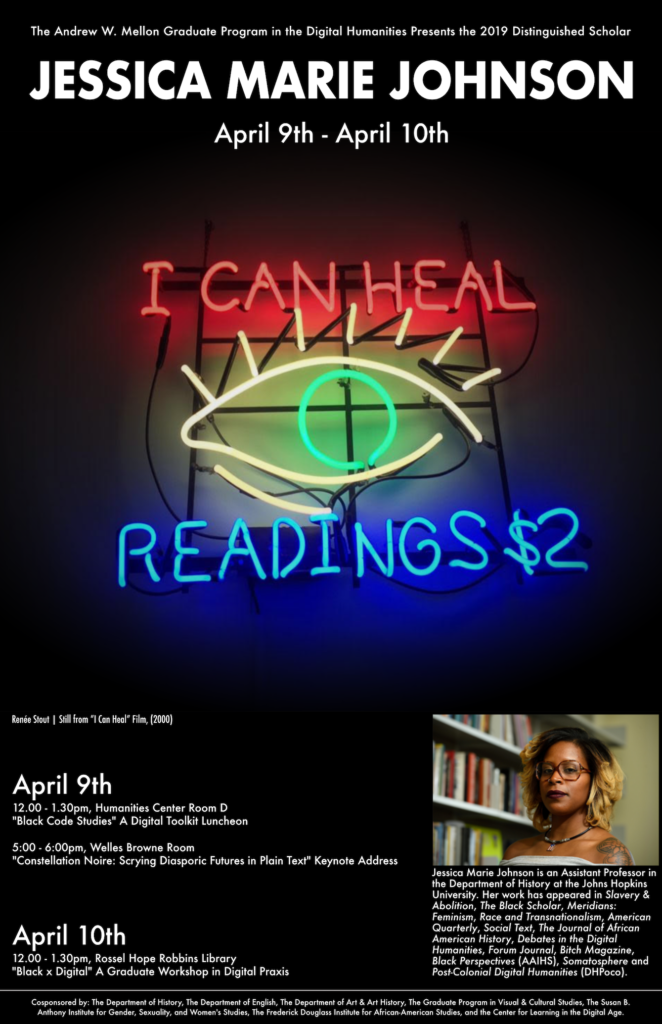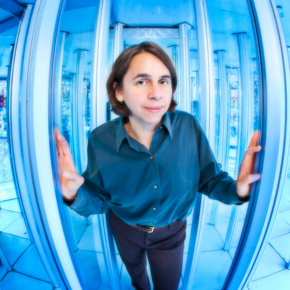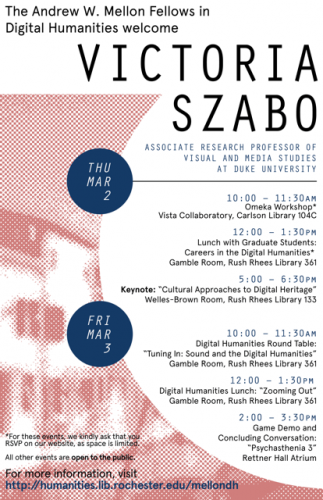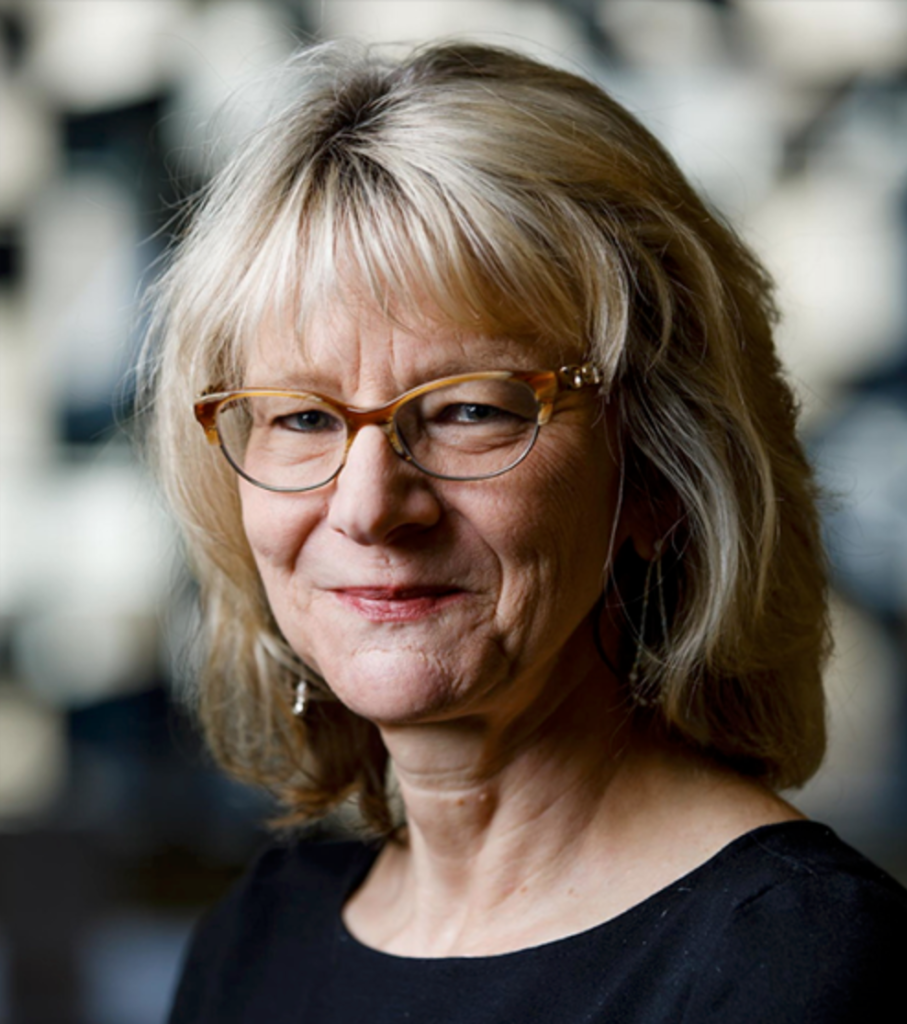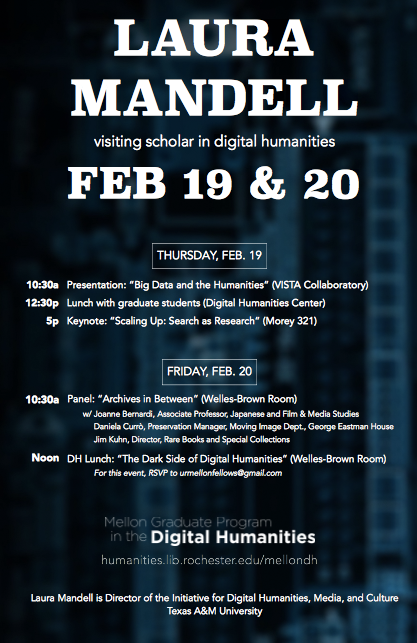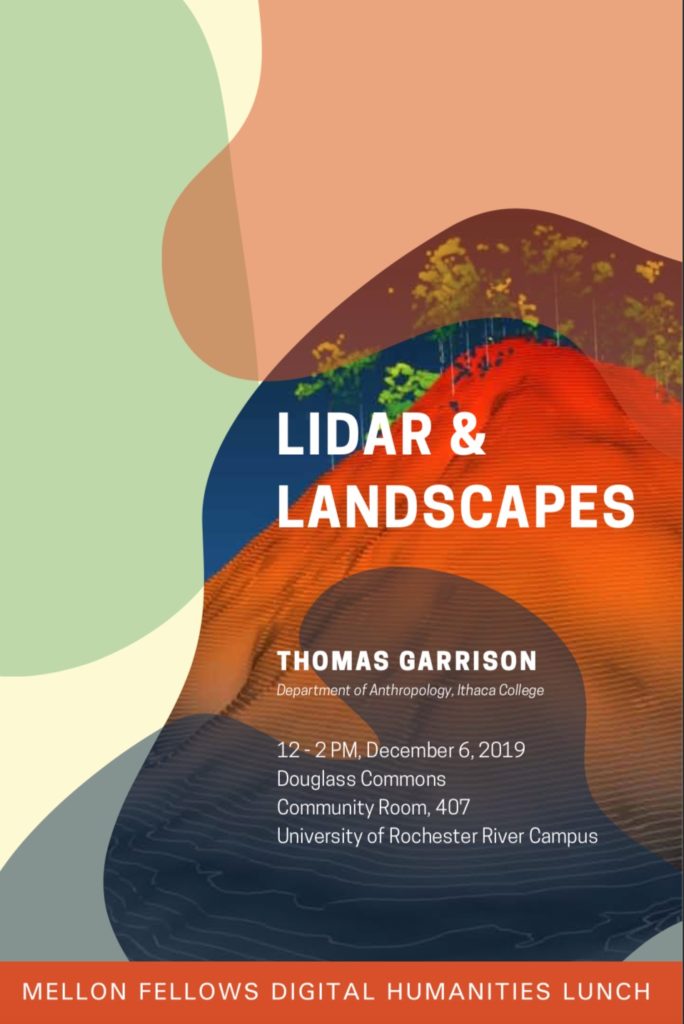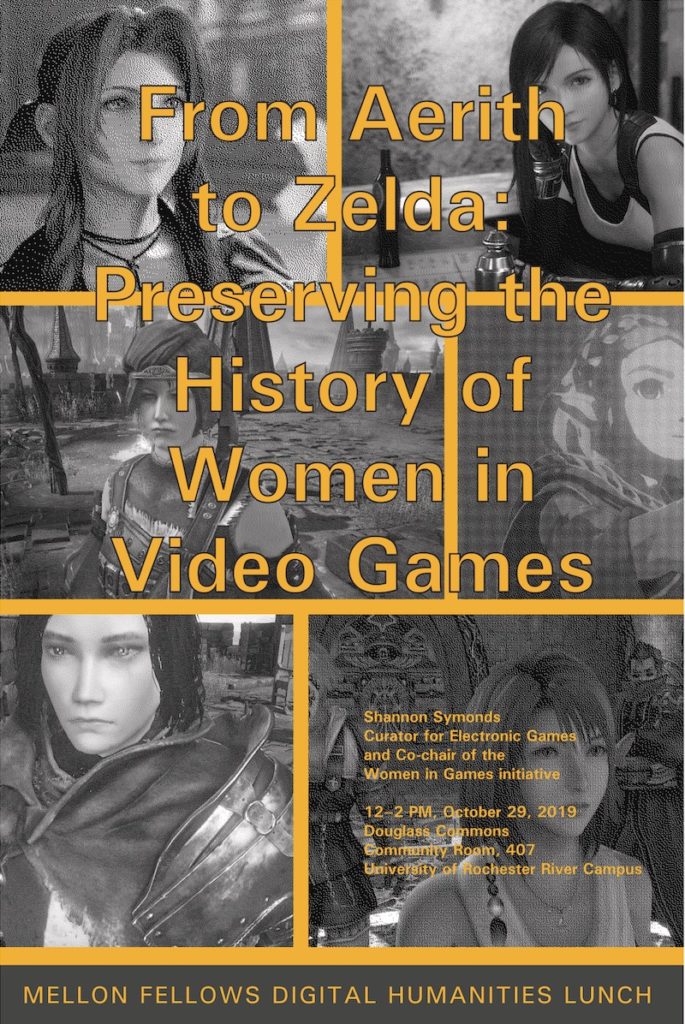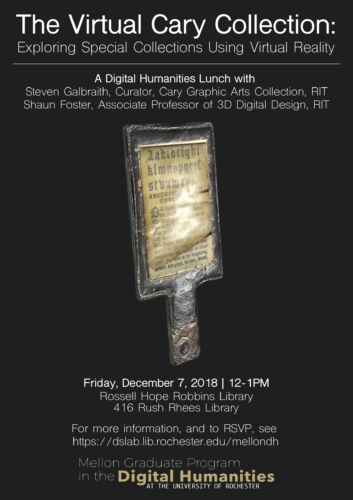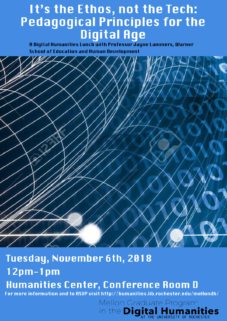April 16–17, 2020, University of Rochester, River Campus
Keynote: Henry B. Lovejoy, Assistant Professor of History, Center for Research Data and Digital Scholarship, University of Colorado Boulder

Digital technologies have forever altered our understanding of place and space by dividing physical presence from telepresence, birthing the hybrid and sometimes messy field of digital humanities. At the most basic level, email, forums, and social media have enabled lightspeed asynchronous communication, changing the way we live, work, and perform scholarship. Physical places—real, historical, and fictional—can be reconstituted in electronic form and made interactive through the use of augmented or virtual reality, posing new opportunities for experiencing the past and the present alike. Emergent online platforms present new and accessible sites of learning.
And yet, while these real, historical, or fictional spaces may indeed be re-envisioned in other forms, how do we keep in mind the specificities and origins that come with a connectedness to particular physical spaces or locales? Scholars in the fields of feminist, post-colonial, and critical race studies have kept these questions at the forefront of their digital humanities practice. As digital humanities scholars, how do we ensure that, for example, the political and social dimensions of gender, race, sexuality, and class—dimensions that exist in physical space—do not get lost in newly emerging digital forms? While thinking through digital space reveals new modes of experience, such as opportunities for community, accessibility, and activism, we might also consider how digital technologies expand, compress, and transform different spaces in specific ways for specific bodies.
This symposium invites contributions that explore the nature and functions of digital spaces, as well as their connection to the physical world. How does spatial thinking figure into digital projects? How do events and debates in digital spaces transfer to the “real” world, and vice-versa? Is a distinction between analog and digital spaces still valid? Possible topics may include and are by no means limited to:
- Avatars and representations of bodies in digital spaces.
- The relationship between digital and physical archives.
- The implications of “big data” for spatial analysis.
- The transformation of geography as a discipline in the computer age.
- Social, cultural, political, and/or religious activity in the digital realm.
- Digital preservation of archaeological, historical, and cultural sites.
- Scholarly applications of GIS and network analysis technology.
- Theoretical approaches for conceptualizing online spaces, bodies, and communities.
- Hybrid communities spanning the digital and analog worlds.
- Augmented and virtual reality (AR/VR) projects.
- Uses of spatial thinking and technology in the classrooms.
- The geo-political implications of digital spaces.
We invite individual submissions on past and ongoing digital humanities projects, as well as theoretical examinations of the above topics. We also welcome pre-constituted panels of 3–4 presenters. All submissions should include 300-word abstracts for each 20-minute paper presentation and 100-word bios for each presenter. Please submit all materials via email to UR Mellon Fellows, urmellonfellows@gmail.com, by January 31, 2020. Successful applicants will be notified of acceptance by February 15, 2020.
This conference is organized by the current Andrew W. Mellon Digital Humanities Fellows at the University of Rochester. Please contact at the email address above with any questions.

